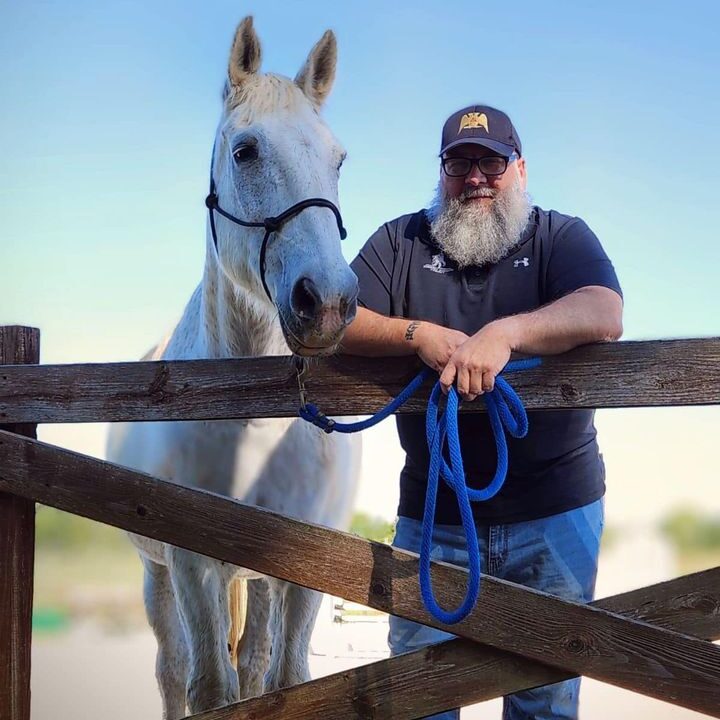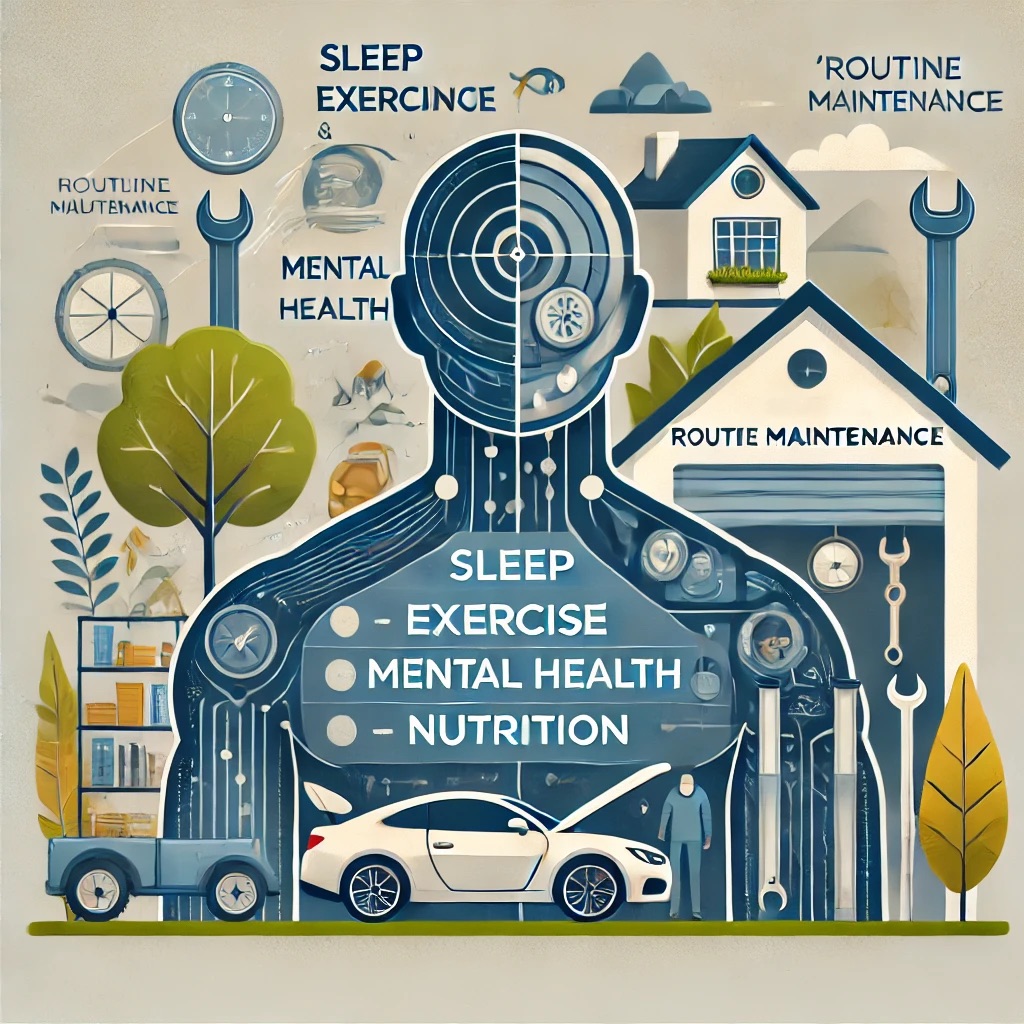For many veterans, the transition from military service to civilian life can be fraught with challenges, including physical injuries, emotional scars, and the strain these burdens place on family relationships. In the search for effective therapies to address these challenges, equine therapy has emerged as a powerful and transformative option.
What Is Equine Therapy?
Equine therapy, also known as equine-assisted therapy or horse therapy, involves interactions between individuals and horses to promote emotional, psychological, and physical healing. Guided by trained professionals, participants engage in activities such as grooming, feeding, and leading horses. These seemingly simple tasks foster a connection that can lead to profound benefits.
Why Horses?
Horses are highly intuitive animals that mirror human emotions. They respond to body language and tone, offering veterans a unique opportunity to gain insight into their own behaviors and feelings. Unlike humans, horses provide non-judgmental feedback, creating a safe environment for self-reflection and growth.
Benefits for Veterans
- Emotional Regulation: Working with horses helps veterans manage symptoms of anxiety, depression, and post-traumatic stress disorder (PTSD). The calming presence of a horse can reduce stress levels and foster a sense of peace.
- Building Trust and Communication: For veterans who struggle with trust and social connections, bonding with a horse can serve as a stepping stone to rebuilding relationships with others.
- Physical Rehabilitation: Activities like horseback riding can improve balance, coordination, and core strength, aiding in physical recovery from injuries sustained during service.
Benefits for Families
Veterans’ struggles often extend to their families, creating a ripple effect of stress and disconnection. Equine therapy programs designed for families offer:
- Strengthened Bonds: Shared experiences with horses encourage collaboration, trust, and open communication among family members.
- Stress Relief: Engaging with horses in a peaceful, natural setting provides an escape from daily pressures and a chance to reconnect as a family unit.
- Understanding and Empathy: Family members gain new perspectives on the veteran’s struggles, fostering empathy and mutual support.
Success Stories
Countless veterans have shared how equine therapy changed their lives. One Army veteran with severe PTSD described how working with horses gave him the courage to face his fears and reconnect with his loved ones. Another marine credited the therapy for helping him regain mobility and confidence after a debilitating injury. I myself have benefited and am now participating in a local program. I didn’t realize how much a horse would help me get out of my head until I was assigned to Owen, the horse I am pictured with. I just wanted to ride again, instead my path to mental health betterment just widened and continued forward.
How to Get Involved
Many organizations across the country specialize in equine therapy for veterans and their families. Nonprofits like Horses for Heroes and PATH International offer programs tailored to military families. Participation is often free or low-cost, thanks to donations and community support. If you are located near Nashville, the Center for Equine Recovery for Veterans or CERV located with the MTSU equine school is a great program to get involved with.
Conclusion
Equine therapy isn’t just about healing wounds—it’s about rediscovering purpose, rebuilding connections, and finding hope. For veterans and their families, this unique form of therapy can be a lifeline, offering a path to resilience and renewal. If you or someone you know could benefit, consider exploring the transformative power of equine therapy. The bond between humans and horses may be the key to unlocking a brighter future.
Discover more from Inside the mind of Wade
Subscribe to get the latest posts sent to your email.



